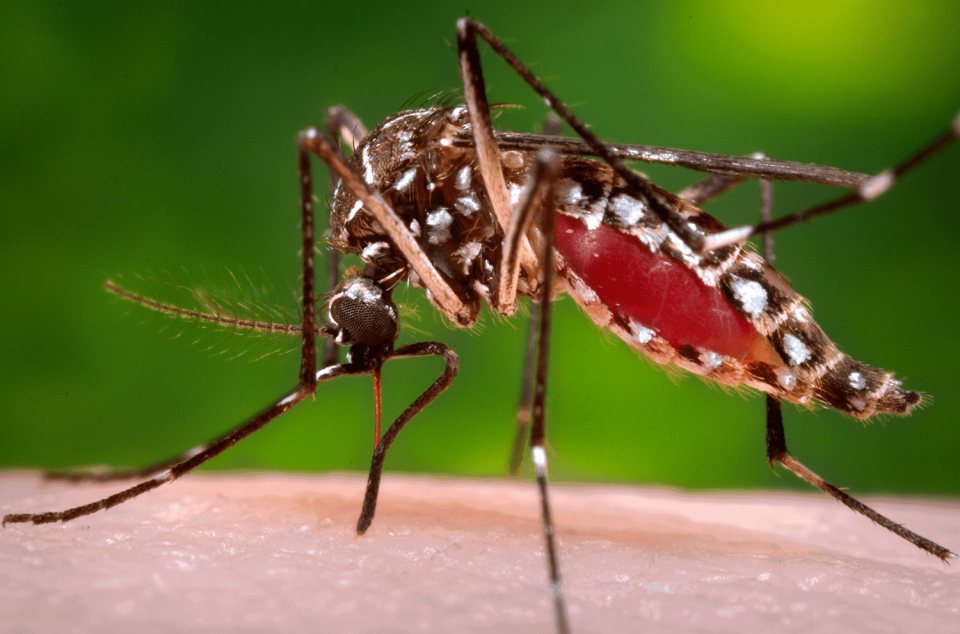GENEVA (AP) — The Latest on the Zika virus that is spreading through Latin America (all times local):
3:45 p.m.
The World Health Organization estimates there could be 3 to 4 million cases of Zika in the Americas over the next year.
Sylvain Aldighieri, head of WHO’s epidemic response team in the Americas, said the estimate is based on previous numbers of infections of dengue fever, which is also carried by mosquitoes.
He said the agency expects “huge numbers” of infections because of the widespread presence of the mosquitoes that spread Zika and because there is no immunity among the population.
He said that since most people with Zika don’t get sick, there is a “silent circulation” of the disease that may make tracking its spread more difficult
Zika is suspected of being behind the birth of babies with abnormally small heads.
2:20 p.m.
The World Health Organization has called Thursday’s special session on Zika in part to convey its concern about an otherwise mild illness that has sown fear among many would-be mothers in Brazil, who have often responded by covering themselves head-to-toe in clothing in the often hot, largely tropical country or slopped on many coats of insect repellent.
“The possible links, only recently suspected, have rapidly changed the risk profile of Zika from a mild threat to one of alarming proportions,” said WHO Director-General Dr. Margaret Chan.
“The increased incidence of microcephaly is particularly alarming, as it places a heart-breaking burden on families and communities.”
The U.S. Centers for Disease Control says the disease is now in more than 20 countries, mostly in Central and South America.
2:05 p.m.
A U.S. health official says he doubts the United States is vulnerable to a widespread outbreak of a virus linked to a wave of birth defects in Brazil.
Dr. Anthony Fauci says the Zika virus — suspected of being connected to microcephaly — hopefully can be kept at bay with “mosquito vector control.”
Fauci, who heads the National Institute of Allergy and Infectious Disease, appeared on “CBS This Morning.” He said administration officials do not believe there are major ways of spreading the virus “other than by mosquito bites.”
Health officials suspect that Zika is linked to a wave of birth defects in Brazil in which babies have small heads.
President Barack Obama hosted a meeting of federal health specialists on the issue earlier this week.
1:30 p.m.
The World Health Organization says it is convening an emergency committee on Monday to decide if the Zika virus outbreak should be declared an international health emergency.
At a special meeting on Thursday, WHO Director-General Dr. Margaret Chan said the virus — which has been linked to birth defects and neurological problems — was “spreading explosively.” Chan said although there was no definitive proof that Zika was responsible for a spike in the number of babies being born with abnormally small heads in Brazil, “the level of alarm is extremely high.”
WHO last declared an international emergency over the devastating 2014 Ebola outbreak in West Africa, which ended up killing more than 11,000 people.

